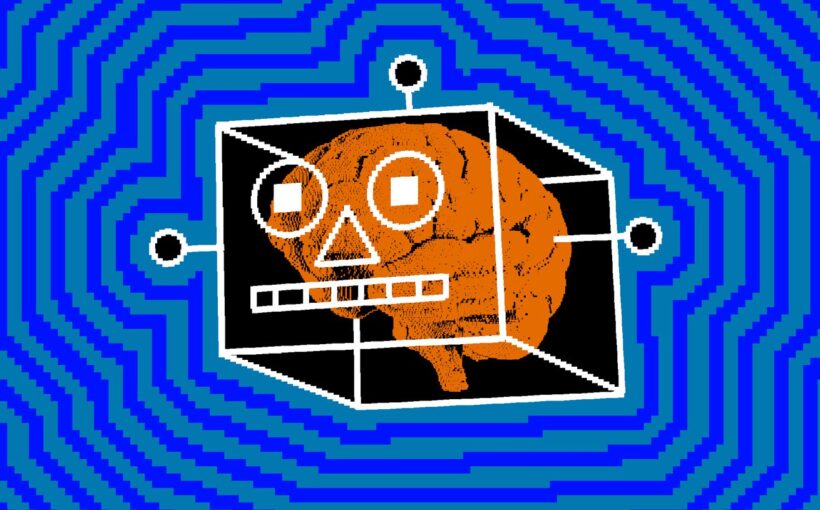Artificial intelligence is developing at lightning speed. But as its “brainpower” increases, so do the risks. What can we do to shape the future of ethical AI such that it learns to prioritize our safety, social, and economic health, and fairness? How do we create artificial integrity?
Copyright: imd.org – “Time to Shift From Artificial Intelligence to Artificial Integrity”

This extraordinary technology has been primarily developed for intelligence, not integrity. This is a problem. Because without integrity, the risks are concerning and should not be overlooked.
AI systems are not simply tools: deterministic apparatus or machines that are built and deployed, eventually degrading and becoming obsolete. AI, and machine learning systems, in particular, follow a completely different and more dynamic trajectory. As they interact with data, AI systems proactively learn from that data over time, reinforcing their learning to continuously refine themselves.
AI evolves, and fast. If we fail to embed any ability to stop and check, to question integrity or ethical outcomes – to give it a moral code – it’s poised to become a force whose evolution is inversely proportional to its regard for human agency, values, well-being, or safety. As renowned US businessman and philanthropist, Warren Buffet, so succinctly put it: “In looking for people to hire, look for three qualities: integrity, intelligence, and energy. If they don’t have the first, the other two will kill you.”
Der Beitrag Time to Shift From Artificial Intelligence to Artificial Integrity erschien zuerst auf SwissCognitive | AI Ventures, Advisory & Research.



